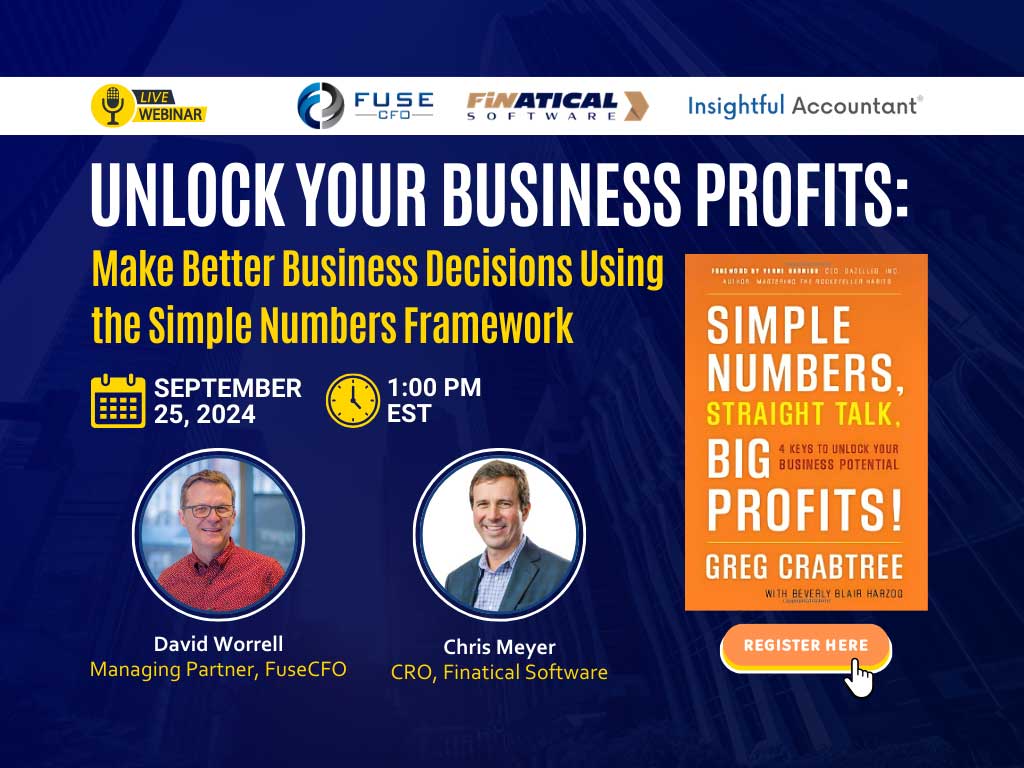
5 Tips For Dynamic CFOs – The Ultimate Cheat Sheet
Guest Post by Lyle Solomon
The finest leaders are always on the lookout for new information. One of the distinguishing characteristics of a strong leader is a persistent search for ways to improve. But what should a leader who wants to play a key role in the business transformation do?
How can a new CFO become a dynamic leader? These 5 tips for Dynamic CFOs can help:
1. Think Strategically
When an organization seeks someone with financial expertise and business acumen to make vital decisions and strategies, CFOs can still operate as controllers, just monitoring day-to-day data.
It’s up to you to analyze stats and generate actionable recommendations that help the company’s overall strategy. Don’t get too complacent just reaching targets. Your team looks to their CFO to see the bigger picture and identify opportunities to reduce costs and build the business.
Show your colleagues that you’re a strategic thinker by participating in developing short- and long-term business goals. Staff will find it easy to relate to the broader mission if they grasp the logic and objectives underlying the company’s long-term plan.
2. Take Advantage Of Technological Advancements
New technology and trends contribute to the growth of the CFO’s responsibility. They also can make business challenges easier to understand for finance professionals. Apps that automatically complete recurring, standardized, or logical operations, such as processing payments or analyzing data to extract business insights, can help CFOs leverage big data and automate finance processes. CFOs should incorporate these tools for complicated enterprise resource planning activities and other challenges they face.
3. Organize Financial Data In A Way That Is Easy To Understand
Even if your coworkers are intelligent, they might not immediately follow your expert financial approach. An effective CFO must be able to convey complex financial data in a way that their colleagues can grasp and illustrate what the information means. “We were down in April” doesn’t convey the whole story. Great CFOs will recall what happened, why it happened, and what it implies for employees.
Try to use financial data to paint a clear picture of goals and outcomes. Incorporate visual components to explain data and communicate the facts behind the figures in a way that inspires rather than intimidates. A team that fully understands the numbers can work together to overcome any crisis, whether it be debt management or optimum allocation of financial resources.
4. Anticipate Problems By Using Your Expertise And Knowledge
A good CFO may point out flaws and inconsistencies, but a genuinely effective CFO will warn others about major concerns before they become significant challenges. Even the finest CFOs can’t forecast the future with 100% accuracy, so they must be able to come up with answers to unforeseen challenges.
A great CFO will look for opportunities. Instead of dismissing fresh ideas that don’t appear to be financially viable, they’ll recommend what the business might do to attain a similar goal while sticking to the financial strategy.
5. Adopt An Innovative And Investor Mindset
Many CFOs know about their financial stakeholders’ concerns, but less than half agree that their organizations keep enough cash on hand—which investors generally interpret as investment discipline. CFOs who display more capital discipline often do so by incorporating an investor mindset into their day-to-day management.
Moving away from a traditional, annual capital-budgeting process toward a more flexible one, swift decision-making, and a performance-management system could be one approach to achieve better discipline. Maintaining a more investor-focused mindset may also help avoid misconceptions that create investor concerns, which only around a third of CFOs believe their organizations are adequately prepared to handle.

Final Tip
CFOs should be aware of the issues and roadblocks that employees experience on the front lines of a company. A competent CFO will seek out discussions with sales teams to understand what customers want and what the sales staff requires to be successful.
Furthermore, clients enjoy meeting with the CFO, so scheduling time or sending a virtual invitation to attend a few client meetings never hurts.
About The Author
Lyle Solomon has extensive legal experience as well as in-depth knowledge and experience in consumer finance and writing. He has been a member of the California State Bar since 2003. He graduated from the University of the Pacific’s McGeorge School of Law in Sacramento, California, in 1998, and currently works for the Oak View Law Group in California as a Principal Attorney.


